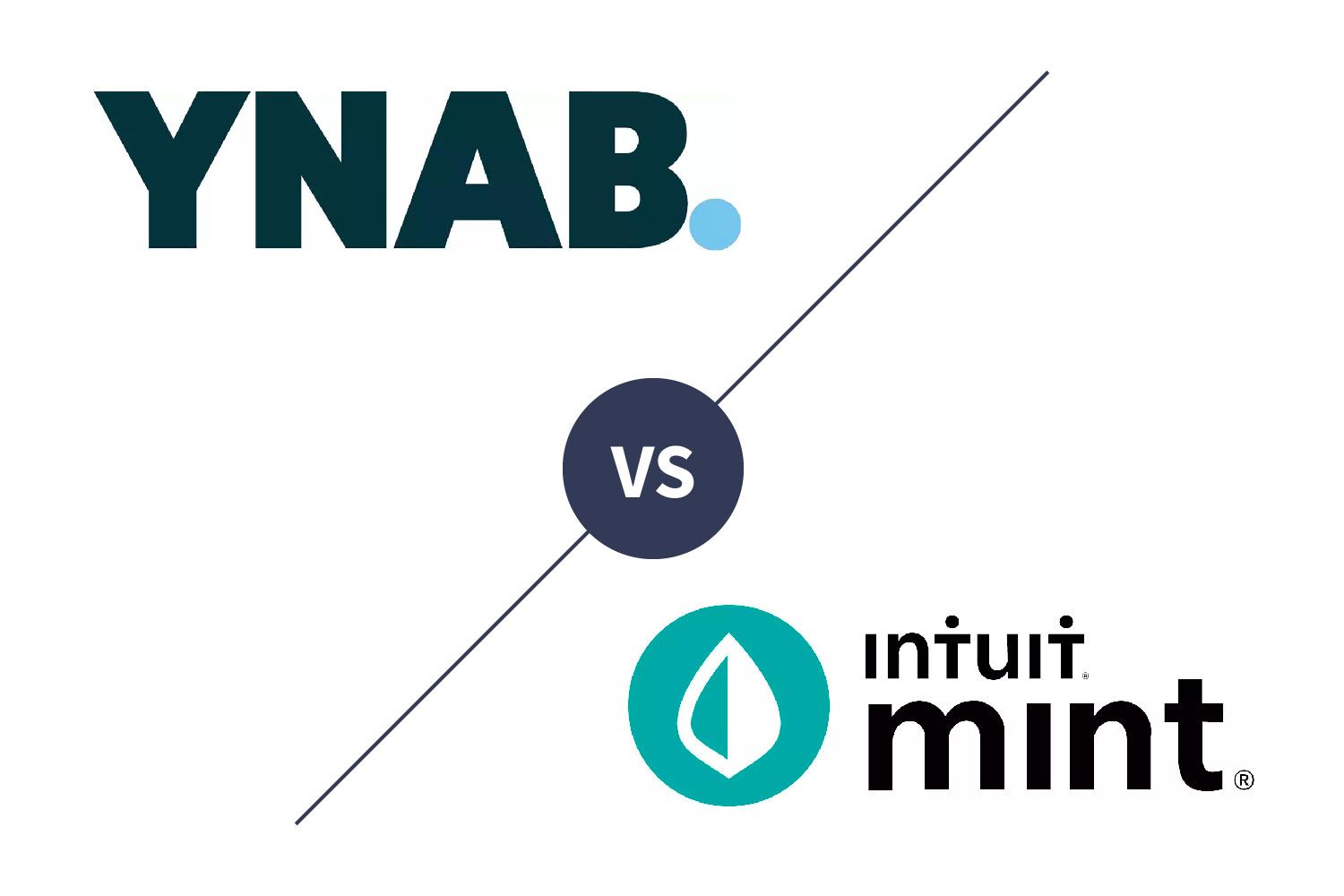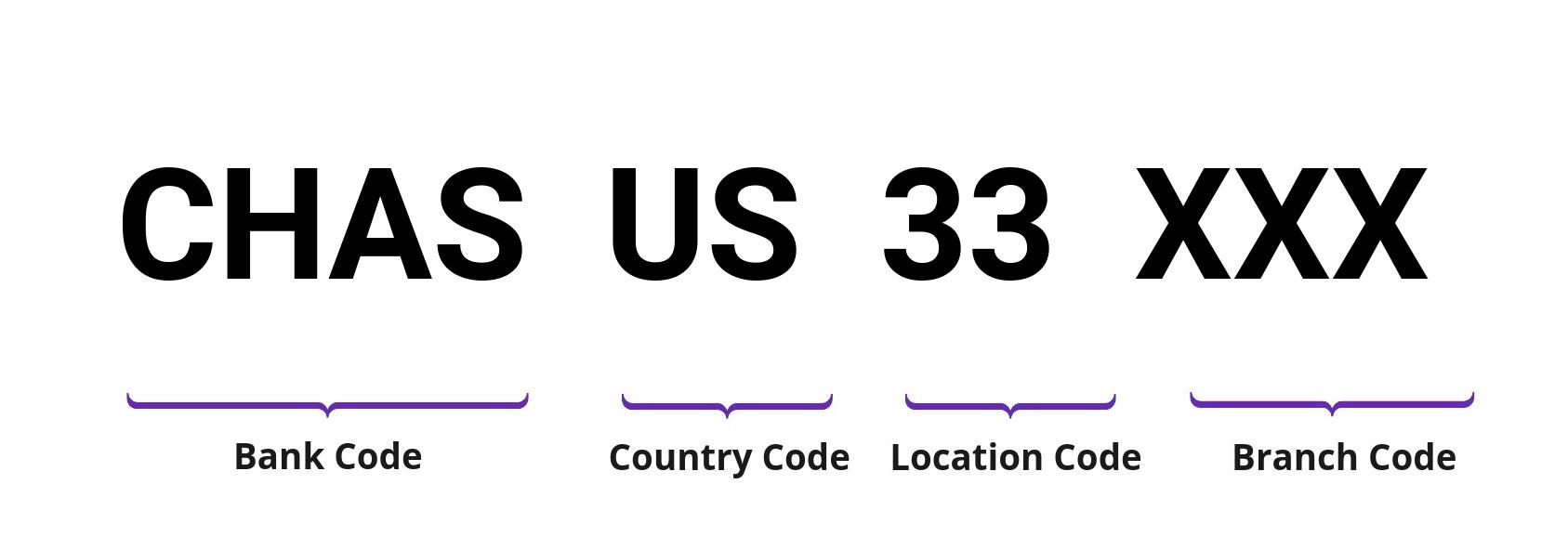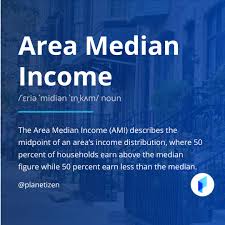In the complicated and fast-paced commercial world of today, project management is a critical ability. The need for qualified project managers has increased significantly as businesses work harder to fulfill deadlines, control spending, and guarantee that projects are finished effectively. Getting a project management certification is one of the best ways to prove your knowledge and advance your career in this area.
The definition of project management certification, its significance, the various certificates that are available, and how to select the best one for your professional objectives will all be covered in this extensive book.
What is Project Management Certification?
Professionals who have shown a particular degree of proficiency and understanding in project management are officially recognized with a project management certification. A person’s capacity to successfully lead, plan, and carry out projects from beginning to end is demonstrated by these credentials, which are given out by different organizations.
A project management certification encompasses knowledge of leadership, communication, budgeting, and risk management in addition to proficiency with project management tools and practices. Professionals with certification are better able to manage the difficulties and complexities that come up during a project’s lifecycle.
Why is Project Management Certification Important?
1. Enhanced Career Opportunities
Having a project management certification can significantly boost your career prospects. Many companies prioritize hiring certified project managers because it assures them of a candidate’s ability to manage projects efficiently. According to the Project Management Institute (PMI), certified project managers tend to earn more than their non-certified counterparts.
2. Improved Skillset
Project management certification programs cover a wide range of skills, including planning, communication, risk management, and problem-solving. These certifications equip professionals with practical knowledge and skills they can apply in real-world scenarios, helping them navigate the challenges of managing projects effectively.
3. Increased Credibility and Recognition
Being certified shows employers, colleagues, and clients that you are committed to your career and take professional development seriously. It adds credibility to your resume and enhances your reputation in the industry.
4. Higher Salary Potential
Many studies have shown that project management professionals with certifications tend to earn higher salaries compared to those without. According to a 2020 report from the PMI, certified project managers earn an average of 20% more than their non-certified peers.
Types of Project Management Certifications
There are several project management certifications available, each catering to different levels of experience and types of projects. The most widely recognized and respected certifications include:
1. Project Management Professional (PMP)
Offered by the Project Management Institute (PMI), the PMP certification is the gold standard in project management. It is designed for experienced project managers who are looking to solidify their expertise and enhance their leadership skills.
Eligibility Requirements:
- A four-year degree (bachelor’s degree or equivalent) and at least three years of project management experience.
- 35 hours of project management education or training.
- Alternatively, candidates with a high school diploma or associate’s degree need five years of project management experience.
Benefits of PMP Certification:
- Recognized globally and respected by employers.
- Validates your ability to manage projects from start to finish.
- Opens up job opportunities in top-tier organizations across various industries.
Learn More: PMI PMP Certification
2. Certified Associate in Project Management (CAPM)
The CAPM certification, also offered by PMI, is ideal for those who are new to project management or looking to gain foundational knowledge. It is considered a stepping stone to the PMP certification.
Eligibility Requirements:
- A high school diploma (or equivalent).
- 23 hours of project management education.
Benefits of CAPM Certification:
- Provides a strong foundation in project management principles.
- A stepping stone for those aiming to become PMP certified.
- Enhances career prospects for individuals new to the field.
Learn More: PMI CAPM Certification
3. PRINCE2 (Projects IN Controlled Environments)
PRINCE2 is a process-driven project management methodology widely used in the UK and Europe. It is suitable for project managers who want to apply a structured and flexible approach to managing projects.
Levels of Certification:
- PRINCE2 Foundation: Focuses on the principles and terminology of PRINCE2.
- PRINCE2 Practitioner: Provides an in-depth understanding of the PRINCE2 methodology.
Learn More: PRINCE2 Official Website
4. Agile Certified Practitioner (PMI-ACP)
The PMI-ACP certification focuses on Agile project management, which emphasizes iterative development, flexibility, and customer collaboration. It is suitable for those who manage Agile projects or want to work in Agile environments.
Eligibility Requirements:
- 2,000 hours of general project experience.
- 1,500 hours working on Agile project teams.
- 21 hours of Agile project management education.
Benefits of PMI-ACP Certification:
- Validates expertise in Agile methodologies such as Scrum, Kanban, Lean, and XP.
- Demonstrates adaptability in dynamic, fast-paced environments.
Learn More: PMI-ACP Certification
5. Certified ScrumMaster (CSM)
Offered by the Scrum Alliance, the Certified ScrumMaster (CSM) certification focuses on the Scrum framework, one of the most popular Agile methodologies. ScrumMasters facilitate teams and ensure projects are completed successfully using Scrum principles.
Eligibility Requirements:
- Attend a two-day CSM course provided by a certified Scrum trainer.
- Pass the CSM exam.
Benefits of CSM Certification:
- Recognized as a key certification for professionals in Agile environments.
- Provides hands-on experience with Scrum principles and practices.
Learn More: Scrum Alliance CSM
How to Choose the Right Project Management Certification
When selecting a project management certification, consider the following factors:
1. Your Career Stage:
- If you’re new to project management, consider starting with certifications like CAPM or CSM.
- If you have experience and are looking to take on larger projects or leadership roles, PMP or PMI-ACP might be more appropriate.
2. Industry Requirements:
- Certain industries, such as IT and software development, may prioritize Agile certifications like PMI-ACP or CSM.
- Other sectors, such as construction or manufacturing, may place more value on PRINCE2 or PMP certifications.
3. Your Learning Preferences:
- Choose certifications that align with your learning style, whether that involves formal training, self-paced online courses, or hands-on practice.
4. Long-Term Goals:
- Consider how a specific certification fits into your long-term career trajectory. Will it help you transition into a leadership role or open new opportunities in different industries?
How to Prepare for Project Management Certification Exams
1. Take a Training Course: Many organizations, including PMI and Scrum Alliance, offer official preparation courses to help you prepare for certification exams. These courses often provide in-depth knowledge and practical skills.
2. Study the Official Guide: Each certification typically has an official guide or body of knowledge (e.g., PMBOK for PMP). Thoroughly studying these materials will give you a solid foundation in the concepts and frameworks required for the exam.
3. Join a Study Group: Joining a study group or online forum can provide support and insight from others who are preparing for the same exam. Discussing topics with peers can also help reinforce your understanding.
4. Take Practice Exams: Taking practice exams is one of the best ways to familiarize yourself with the format and difficulty of the actual test. Many websites offer free or paid practice exams that can help you identify weak areas.
Conclusion
Getting certified in project management is a wise investment in your career advancement. Certifications like the PMP, CAPM, and Agile certifications can boost your earning potential and open new doors, regardless of your career stage.
Make careful to investigate the various certifications that are offered and select the one that most closely matches your interests and career objectives. You may successfully lead projects in any business and handle the challenges of project management if you have the appropriate certification.
For more information about project management certifications, visit:
By earning the right certification, you’re not only proving your skills but also positioning yourself for success in the world of project management.





























